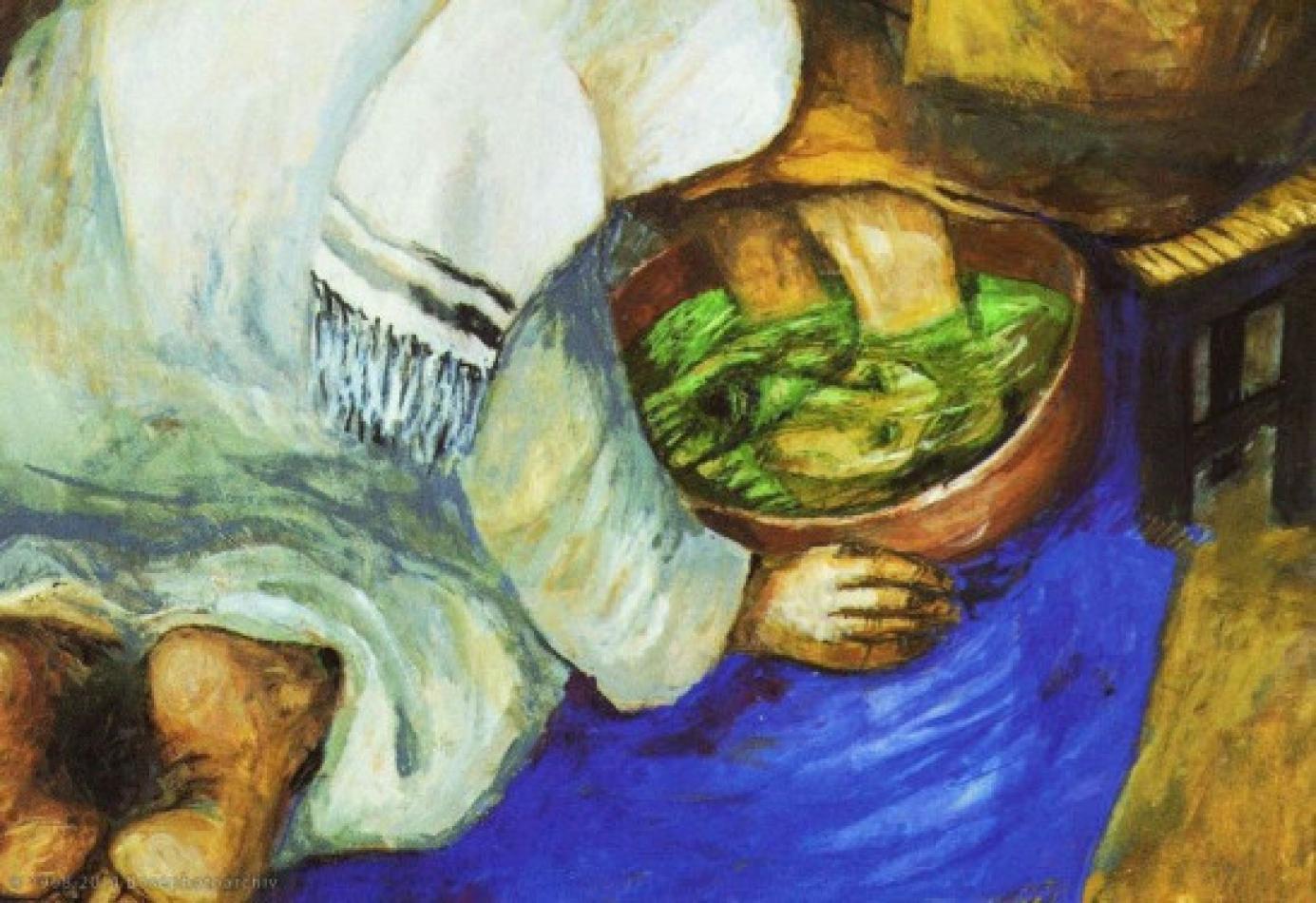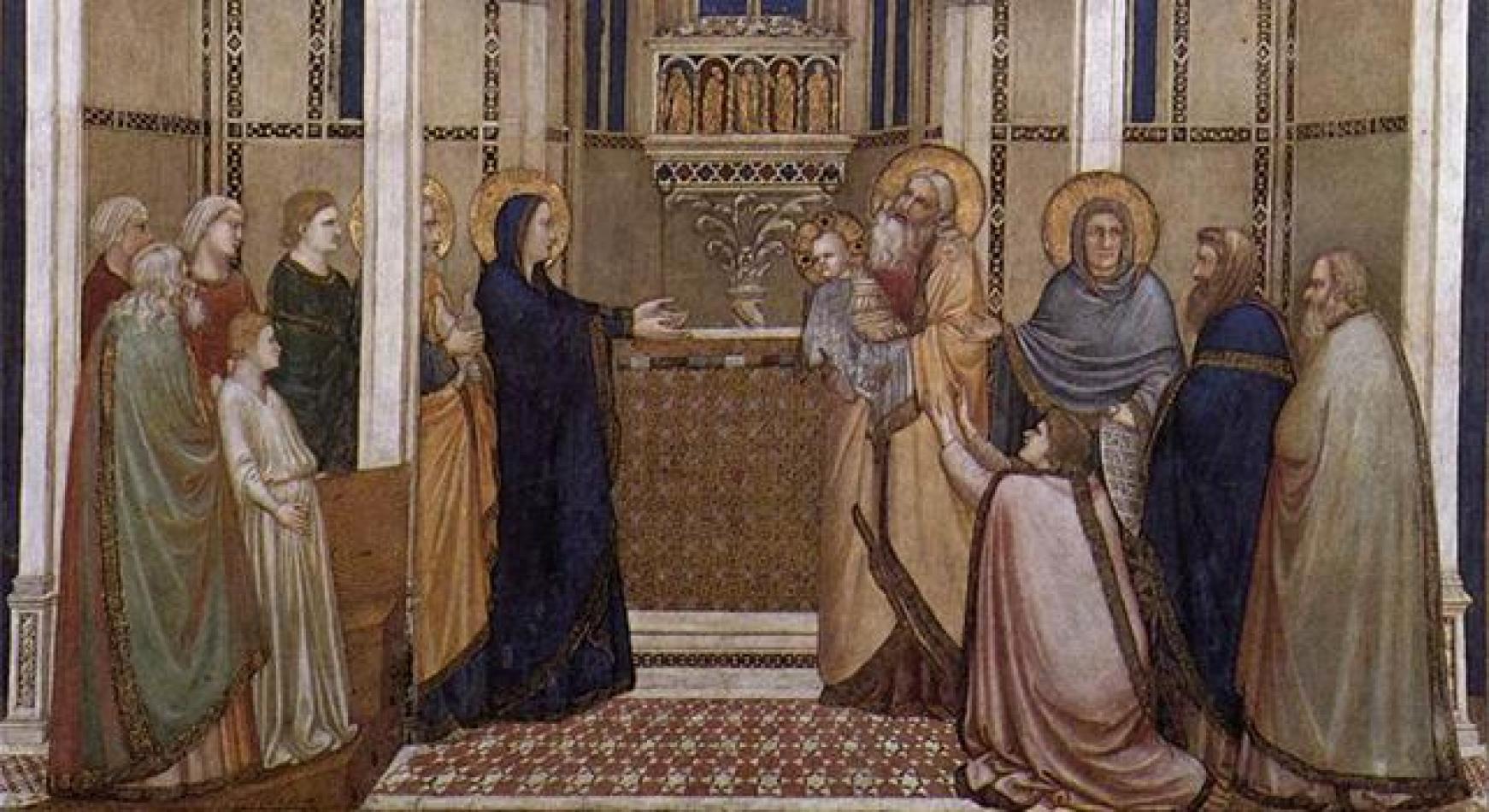Daniel Comboni
Comboni Missionaries
Institutional area
Other links
Newsletter
After the Gospel on riches, this Sunday’s Gospel gives us Christ’s judgment on another of the great idols of the world: power. Power, like money, is not intrinsically evil. God describes himself as “the Omnipotent” and Scripture says “power belongs to God” (Psalm 62:11).
It’s not power but service
A comentary on Mk 10, 35-45
With the help of Mark, we follow the steps of Jesus already approaching Jerusalem. On the way, as members of Jesus’s group of disciples, we take part in an interesting dialogue between Jesus, the sons of the Zebedee and their mother about power and service. On the other side, today we celebrate the International Day for Missions, which is giving us a special reading perspective: the missionary service that all disciples of Jesus are called to do in favour of humanity.
Let us reflect briefly on this story of the sons of the Zebedee and their mother:
– They want to occupy the most important places on the project of Jesus. And who doesn’t? We all wish to be considered as important, to be applauded, and to have authority… And on my view, that’s all right, that’s part of our nature and, surely, a certain ambition is positive for us and the community. What we have to do is to transform that need to be important into a positive energy that pushes us to do good and to do it well.
– They seem unconscious of what that really implies. On one side, they do not know well the project of Jesus, which consists in giving life to the poor an sinners; and on the other, they are not aware of the sacrifices that their wish is leading them to.
– Jesus takes the opportunity to make them progress in their discipleship. Starting from their request and sincerity, Jesus helps them to grow in their awareness and generosity. To be disciple is not to a matter of occupying the first or the last places. It’s a matter of being ready to “drink the chalice”, that is, to assume a service with all the consequences: good and bad, glad and not so glad. It may happen that people recognize your service, but it may happen the contrary and you have to be ready for it, as Jesus was.
– In any case, they and the other disciples learn that in Jesus’ kingdom authority is not power but service. The service of authority (necessary in the family or in the community) is not to be considered as a right to impose one’s views or privileges over the others, but a service to people who are equal to those in authority. Who should have the command over a city, a family, a community? The one who is ready to serve better.
All of us have authority in one or another way. So, once we red this Word as disciples, we are reminded that we are called to do it in Jesus’ style: being servers, not dictators. And this is precisely the missionary vocation of the Church: to serve Humanity with the Word of Truth and Actions of love, made concrete in actions of help to any one in need: charitable help, schools, health centres, brotherly communities… Celebrating the Eucharist, we pray to the Holy Spirit to enable us to be true disciples of Jesus by way of serving our spouses, our brothers and sisters, our neighbours, the members of our community, especially the most needed.
P. Antonio Villarino, MCCJ
Mark 10: 35-45
“The Great Exercise of Power”
Fr. Raniero Cantalamessa
Isaiah 53:2a.,3a.,10-11; Hebrews 4:14-16; Mark 10:35-45
After the Gospel on riches, this Sunday’s Gospel gives us Christ’s judgment on another of the great idols of the world: power. Power, like money, is not intrinsically evil. God describes himself as “the Omnipotent” and Scripture says “power belongs to God” (Psalm 62:11). However, given that man had abused the power granted to him, transforming it into control by the strongest and oppression of the weakest, what did God do?
To give us an example, God stripped himself of his omnipotence; from being “omnipotent,” he made himself “impotent”. He “emptied himself, taking the form of a servant” (Philippians 2:7). He transformed power into service. The first reading of the day contains a prophetic description of this “impotent” Savior. “He grew up like a sapling before him, like a shoot from the parched earth. … He was spurned and avoided by men, a man of suffering, accustomed to infirmity.”
Thus a new power is revealed, that of the cross: “Rather, God chose the foolish of the world to shame the wise” (1 Corinthians 1:27). In the Magnificat, Mary sings in advance this silent revolution brought by the coming of Christ: “He has thrown down the rulers from their thrones” (Luke 1:52).
Who is accused under this denunciation of power? Only dictators and tyrants? Would that it were so! It would refer, in this case, to exceptions. Instead, it affects us all. Power has infinite ramifications, it gets in everywhere, as certain sands of the Sahara when the sirocco wind blows. It even gets into the Church.
The problem of power, therefore, is not posed only in the political realm. If we stay in that realm, we do no more than join the group of those who are always ready to strike others’ breast for their own faults. It is easy to denounce collective faults, or those of the past; it is far more difficult when it comes to personal and present faults.
Mary says that God “dispersed the arrogant of mind and heart; he has thrown down the rulers from their thrones” (Luke 1:51ff.). She singles out implicitly a precise area in which the “will to power” must be combated: our own hearts. Our minds — the thoughts of the heart — can become a kind of throne on which we sit to dictate laws and thunder against those who do not submit to us. We are, at least in our wishes if not in deeds, the “mighty on thrones.”
Sadly, in the family itself it is possible that our innate will to power and abuse might manifest itself, causing constant suffering to those who are victims of it, which is often — not always — the woman. What does the Gospel oppose to power? Service: a power for others, not over others!
Power confers authority, but service confers something more, authority that means respect, esteem, a true ascendancy over others. The Gospel also opposes power with nonviolence, that is, power of another kind, moral, not physical power. Jesus said that he could have asked the Father for twelve legions of angels to defeat his enemies who were just about to crucify him (Matthew 26:53), but he preferred to pray for them. And it was in this way that he achieved victory.
Service is not always expressed, however, in silence and submission to power. Sometimes it can impel one to raise one’s voice against power and its abuses. This is what Jesus did. In his life he experienced the abuse of the political and religious power of the time. That is why he is close to all those — in any environment (the family, community, civil society) –who go through the experience of an evil and tyrannical power.
With his help it is possible not “to be overcome by evil,” as he was not — more than that, to “overcome evil with good” (Romans 12:21).
[Translation by ZENIT]





